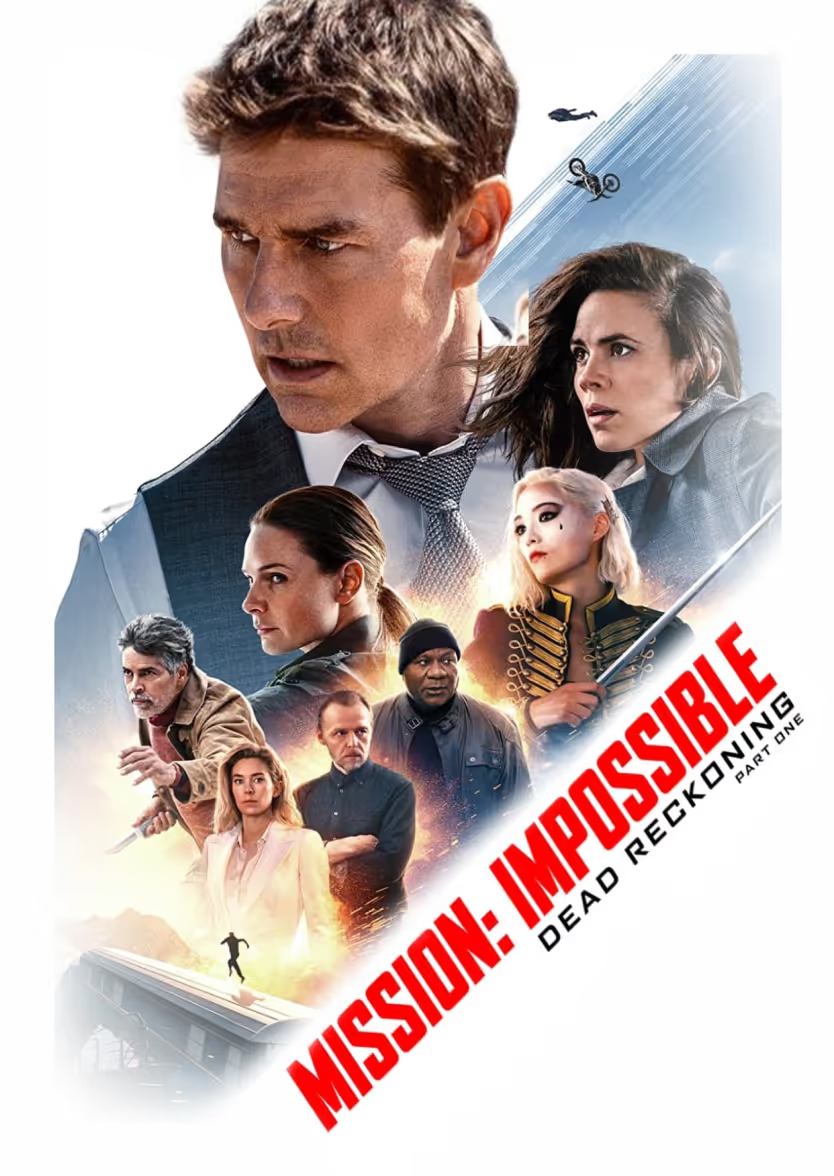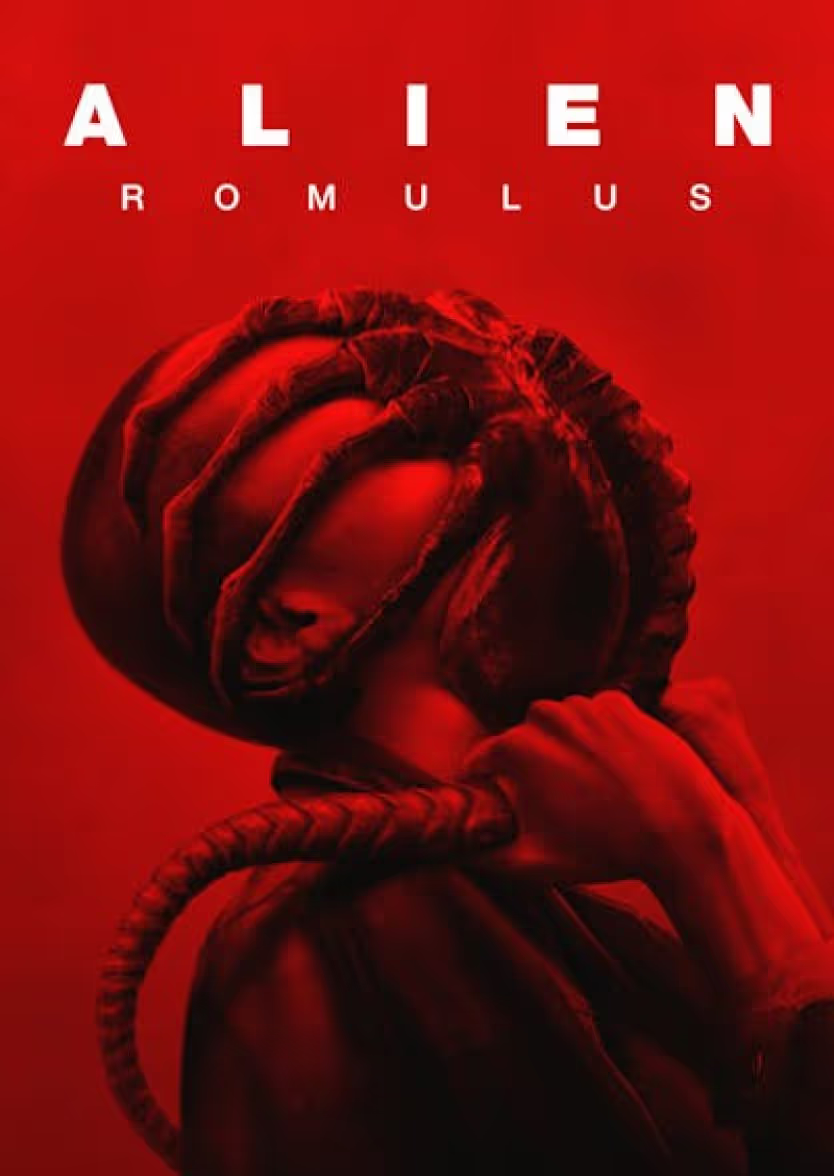Ricky is a new film premiering at the 2025 Sundance Film Festival on January 24, 2025. Directed and produced by Rashad Frett, the feature was selected for the Sundance Institute Screenwriting Lab, and is an extension of Frett’s 2023 short film by the same name. The story follows 30-year-old Ricky, newly released after being locked up in his teens, as he navigates the challenging realities of life post-incarceration and the complexity of gaining independence for the first time as an adult.
We chatted briefly with producer and post supervisor Mark Steele on how they leveraged Evercast in production, against fast turnarounds and a limited budget.
This interview has been edited for clarity.

What were some of the challenges you faced on the project, and did Evercast help to solve them?
Prior to filming, our goal was a Sundance submission, and given the late July shoot, we knew we were going to be in for a sprint. It’s also a low-budget film, so going into production, we were looking ahead for a solution and workflow that would work with our budget and allow for a fast turnaround with remote teams; we knew that our editor would be in Los Angeles and our director in New York, with producers also on both coasts. Given all the variables of time, budget, and the team on both coasts, adding Evercast to the equation was essential to create and maintain creative and project management momentum. Evercast was essential to get to Sundance.
How did you come to use Evercast?
I was first introduced to Evercast in 2020 when I was setting up production and post-production workflows during peak Covid.
Who was collaborating on Evercast day-to-day, and where were they located?
Our editor was in Los Angeles, our director in New York, our music supervisor was in Greece, and our composers were in LA and New York.
We used Evercast for picture editorial as well as the music (source and score) creative process.
What hardware and software were you and the team using?
For editorial, the picture editors were using Avid Media Composer on Macs. We used LucidLink for remote editorial collaboration. For music, we were working with source cues off the Avid with the music supervisor, picture editor, and director. I love working with composers, music editors, and directors over Evercast. In fact, when I worked on the film The Independent, we brought on a new composer four weeks before an unmovable final mix date, and Evercast was the critical glue that allowed us to pull that off.
What value did Evercast bring to the table for the team?
It allowed for a faster creative process and feedback loop, which sped up the editorial process and likely saved the editorial team weeks (and therefore, costs).
Catch Ricky in person at the Sundance Film Festival on January 24, 2025, or online (available publicly) between January 30th through February 2nd, 2025.
Create together remotely, in real time



.avif)









.avif)


.avif)













